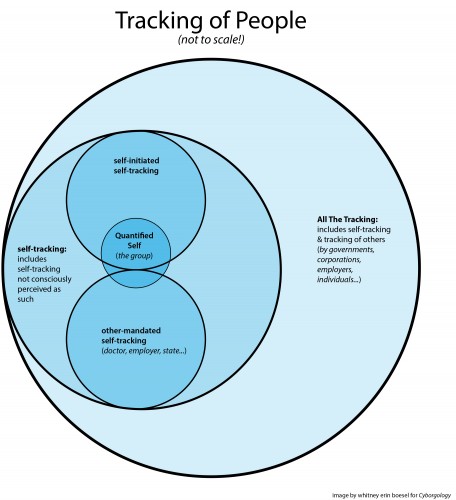In case you missed when The Guardian broke the story last night, here’s the TLDR: the Federal Bureau of Investigation (FBI) got a super-secret court order from the Foreign Intelligence Surveillance Court (or Fisa) that says that, on a daily basis and from 25 April to 19 July of this year, telecom company Verizon must give information to the National Security Agency (NSA) about all the calls that take place through Verizon’s mobile and landline systems. The court order says that Verizon can’t talk about the court order (the first rule of Sketchy Fisa Court Order is: do not talk about Sketchy Fisa Court Order), but someone leaked the order itself—and now we all know that, every day, Verizon is giving the NSA “the numbers of both parties …location data, call duration, unique identifiers, and the time and duration of all calls.”[i] Because these things are considered “telephony metadata” rather than “communication,” the FBI doesn’t need to get a warrant for each individual customer; instead, it can (and obviously has) demanded records pertaining to all Verizon customers, whether those people are or might be or ever might be suspected of anything at all.
The big questions now are: 1) whether this was the first three-month court order, or just the most recent three-month court order; and 2) whether Verizon is the only telecom that’s received such an order, or just the only telecom that’s received an order that’s been leaked. While I don’t know if I can call the first one[ii], the second seems to deserve a resounding “well DUH”; I can think of nothing to distinguish Verizon in such a way as would make it more worth data-mining than, say, AT&T. If Verizon got one, then AT&T probably got one; Sprint and TMobile each probably got one, and so too did probably every other mobile or landline carrier with a US address of operations. It seems increasingly clear that, whether we’re presumed innocent or presumed guilty, we ourselves had best presume that we’re under direct surveillance. more...









